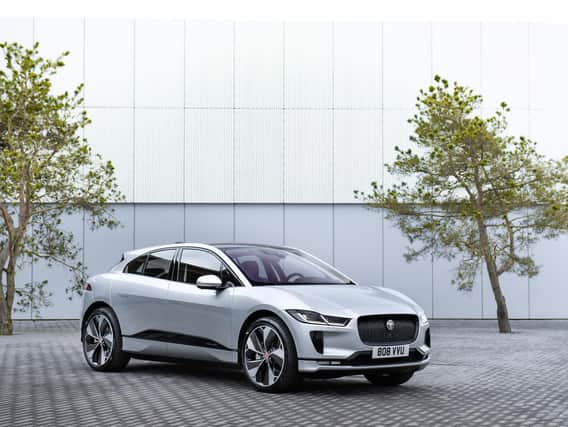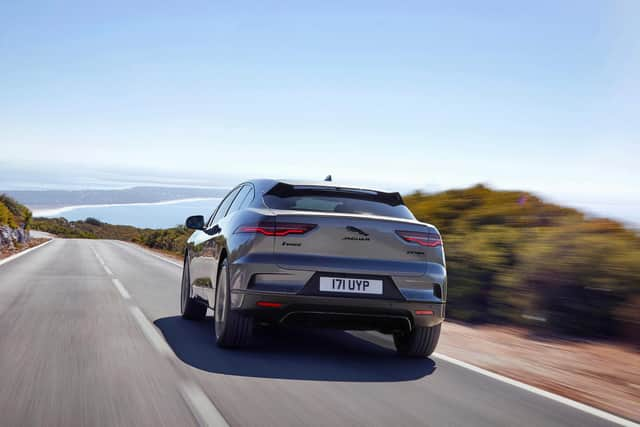Why Jaguar will ditch petrol and diesel in favour of electric in just four years


The marque, one of the most famous brands in the world, concentrated on petrol power, only relenting to produce diesel models in recent years.
But now it has revealed it is planning to ditch the traditional internal combustion engine totally over the next four years.
Advertisement
Hide AdAdvertisement
Hide AdOwner Jaguar Land Rover (JLR) announced that the brand will only offer electric-powered vehicles from 2025.
The switch involves consolidating its production facilities, which are spread across the Midlands.
This will see car production move from JLR’s Castle Bromwich factory east of Birmingham to Solihull.
But chief executive Thierry Bollore said the firm is “exploring opportunities to repurpose” the Castle Bromwich plant, leading to speculation it could be used for battery production.
Advertisement
Hide AdAdvertisement
Hide AdMeanwhile, Land Rover will produce its first all-electric model in 2024, as it phases out internal combustion engines.


Mr Bollore said: “We have all the ingredients at our disposal to reimagine the business and the experiences our customers seek, to reimagine to benchmark of luxury, to lead on sustainable and quality as a business as Jaguar and as Land Rover.
“We have all the ingredients to define what modern luxury means in the world of tomorrow.”
He added: “As a business we will be focused on value creation, on delivering quality and profits over volume. Our vision is clear – to become the creator of the world’s most desirable luxury vehicles and services for the most discerning of customers.”
Advertisement
Hide AdAdvertisement
Hide AdTransport Secretary Grant Shapps said the announcement was “a huge step for British car manufacturing”.
JLR suffered a 24 per cent decrease in the number of cars sold last year, amid the coronavirus pandemic. Jim Holder, editorial director of magazine Autocar, said Jaguar’s move to go all-electric “in the vein of Tesla” and aim for the luxury end of the market will be “incredibly difficult”.
He went on: “If it can pull it off then the prospect of making higher margins on fewer sales should be enough to sustain a brand that in its current form is ailing to the point of struggling to justify its existence.
“The fact that a significant proportion of its sales last year were electrified shows that the customer base is at least alert to the possibilities of these new technologies.”
Advertisement
Hide AdAdvertisement
Hide AdThe news comes as the rush to electric power quickens. Charging an electric car will be “easier” than refuelling a petrol or diesel vehicle, the Government has pledged.
The Department for Transport is looking into improving how electric cars are charged by simplifying payments and increasing reliability, to deliver on its commitment to end the sale of new petrol and diesel cars by 2030.
Watch out in Saturday’s Motoring section for a roadtest on the Jaguar I-Pace.
Comment Guidelines
National World encourages reader discussion on our stories. User feedback, insights and back-and-forth exchanges add a rich layer of context to reporting. Please review our Community Guidelines before commenting.